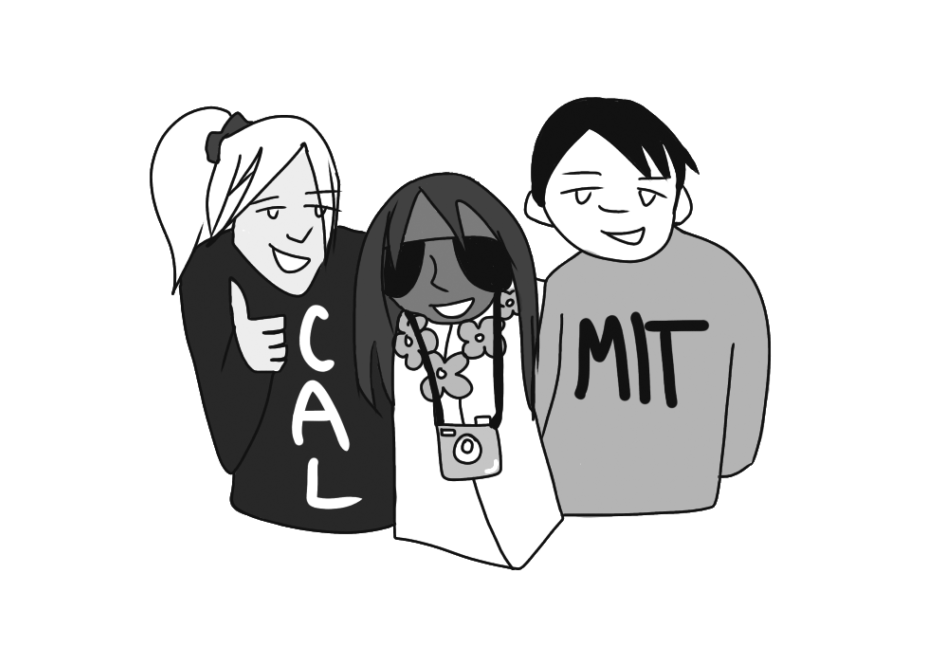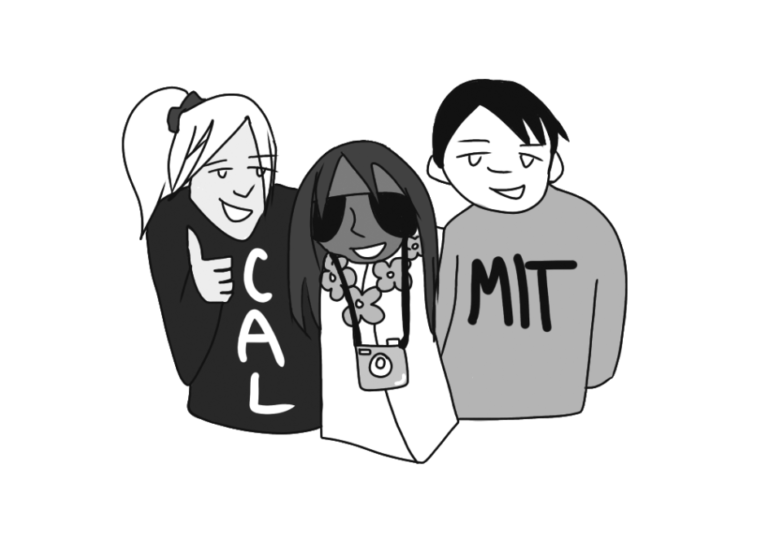
The popularity of gap years is increasing, according to the New York Times. After high school, seemingly endless opportunities open up to graduates. Gap years are often considered to be a beneficial way to explore and expand career paths, gain global awareness and positively impact the world.
There’s a plethora of reasons to take a gap year: to study abroad, travel or fulfill other interests like art or music.
For senior Marley Collins, taking a gap year will give her the opportunity to pursue her career in music, one that she would be unable to follow if she were to go to college directly after high school. By taking a year off, she will be able to play more shows and hopefully make it in the music industry.
“I am planning on having a full time job and [doing] music,” Collins said. “I am going to move out once I turn 18 and my plan is to work at Philz [coffee], which will be my day job.”
One of the major benefits of taking a gap year for Collins is the opportunity to play more music with resources now available. It would be impossible for her to successfully play music, have a supporting job and attend school all at the same time, so a gap year is a perfect solution for her.
These are just a few of the things to consider when taking a gap year, and for many there are other outside factors to consider, like the huge investment it is for families and what must be put on hold in order to take an entire year off from school.
For senior Andrea Ng, there are many different considerations going into making a decision as big as a gap year. Ng, who travelled abroad during the summer of 2016, has a basic understanding of what she would want to do if she were to take a gap year.
“I did this program in-between sophomore and junior year where I traveled to the Dominican Republic for two months and volunteered,” Ng said. “I met a lot of people who were planning on taking a gap year or young adults who had taken a gap year, so it sparked an interest.”

There are both positives and negatives to think about when deciding on taking a gap year, and they vary depending on each and every person. Everyone’s choices for taking a gap year are different. Thus, the downsides and gains are unique to each student.
“I am young for my grade so going into college, I will be actually the same age as everyone else [which is a] pro,” Collins said.
“A lot of pros are that you get to travel obviously and you can meet a lot of people who have the same interests as you,” Ng said, “and it also might focus on something that you actually care about and then later pursue them in college.”
Taking time off enables a period for one to reflect and better understand their desired paths in life. Getting outside opinions and experiences is a great way to form more realistic and suitable plans for one’s future. It provides necessary resources to explore different options and can prepare many in making difficult decisions, like choosing a job or picking an apartment.
By taking a year off, many teenagers are able to better figure out what to do with their life after college. For many, their plans are undecided, but with a gap year, they are able to better grasp what is worth pursuing for them.
Ng was also able to bring up some possible risks of taking a gap year, like financial instability and a pause in education.
“I was unsure if I would have enough money, since it is super expensive [and] since it is a whole year, especially if I’m traveling,” Ng said. “Another con is that it is an entire year of stopping studying or education so it would have been bad if I would have taken a year off and then wouldn’t want to go to college anymore.”
Although gap years are not right for everyone, they are able to fulfill and provide for the needs of many students. With the hundreds of opportunities to grow and lessons to take away from, gap years are able to impact many throughout their entire lives.




